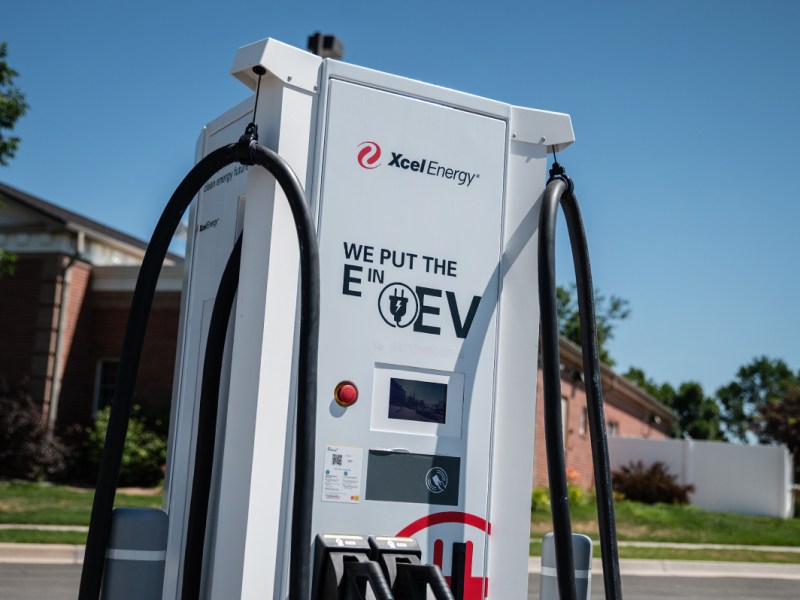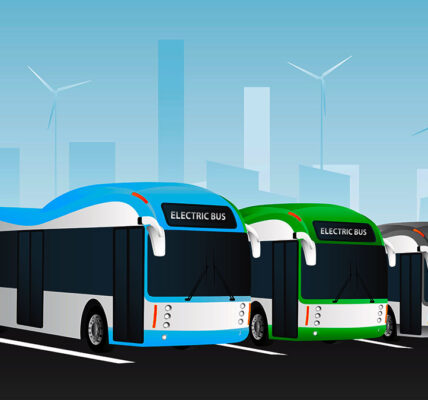Xcel Energy’s ambitious and expensive plan to develop the infrastructure to serve electric vehicles was cut by 40% to $264 million by state utility regulators who said the proposal failed to demonstrate that it “minimized overall costs and maximized overall benefits.”
The Colorado Public Utilities Commission, in its April 10 decision, also said that the utility’s transportation electrification plan, or TEP, did not define “with any precision to what extent the TEP will specifically lead to greater EV adoption.”
To help meet Colorado’s goal of getting 940,000 EVs on the road by 2030, regulated utilities in the state were required to develop plans to build out charging infrastructure and promote the purchase of the vehicles.
Xcel Energy’s first plan, filed in 2020, was for $108 million. This second plan filed in 2023 was for $440 million and was supported in a settlement agreement by the state energy office, a dozen environmental groups and businesses. “We are disappointed the settlement agreement was not holistically approved. This agreement was reached with a large and diverse set of interests,” Xcel Energy said in a statement.
Despite the cuts, the plan is too generous, according to Cindy Schonhaut, the director of the Colorado Office of Utility Consumer Advocate. “They always ask for more than they get,” she said.
The UCA supported a plan — advanced by PUC staff and backed by Xcel Energy’s largest customers and the private charging network Electrify America — for a $108 million TEP.
“Our analysis showed you didn’t need significantly more money to achieve the goals,” Schonhaut said.
Colorado-regulated utilities are required, under 2019 legislation, to submit a plan to the PUC to promote electric vehicles through the development of EV charging ports and infrastructure. The utilities can recover the cost through customer charges.
“The state legislature has made clear its vision that regulated utilities play a critical role in the state’s broad and extraordinary goal to remove greenhouse gas emissions from its transportation sector,” the PUC decision said.
The commission said that Xcel Energy was in “a unique position to facilitate the buildout of infrastructure necessary to support widespread confidence and practicality of EV adoption.”
Still, one refrain through the decision was that private markets for EV infrastructure have matured and can do more of the job, without Xcel Energy customers having to pay for it.“Facts on the ground are evolving,” Schonhaut said. “The commission has recognized that things have changed and that is good.”
Xcel Energy submitted its first TEP in 2020 with a price tag of $108 million. It included a pilot to build public chargers at six sites and a program under which the utility would install chargers in homes and businesses and bill for the service.
In its second plan submitted in 2023, Xcel Energy initially proposed spending $145 million to build 460 public chargers — even though its pilot program had run into problems — and continue its installation service.








